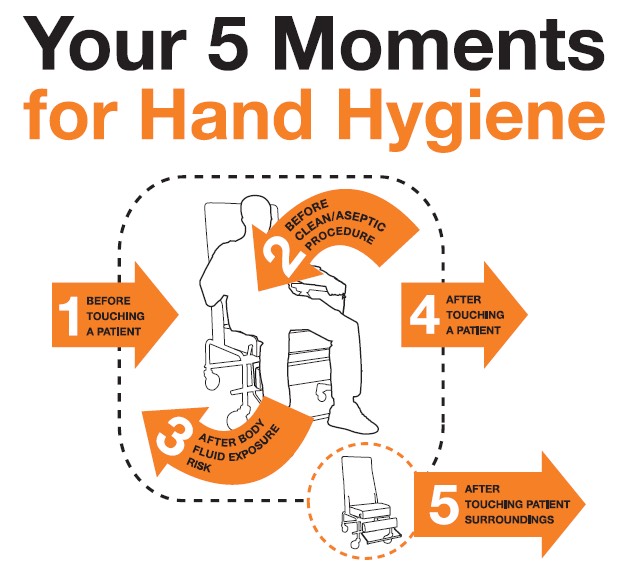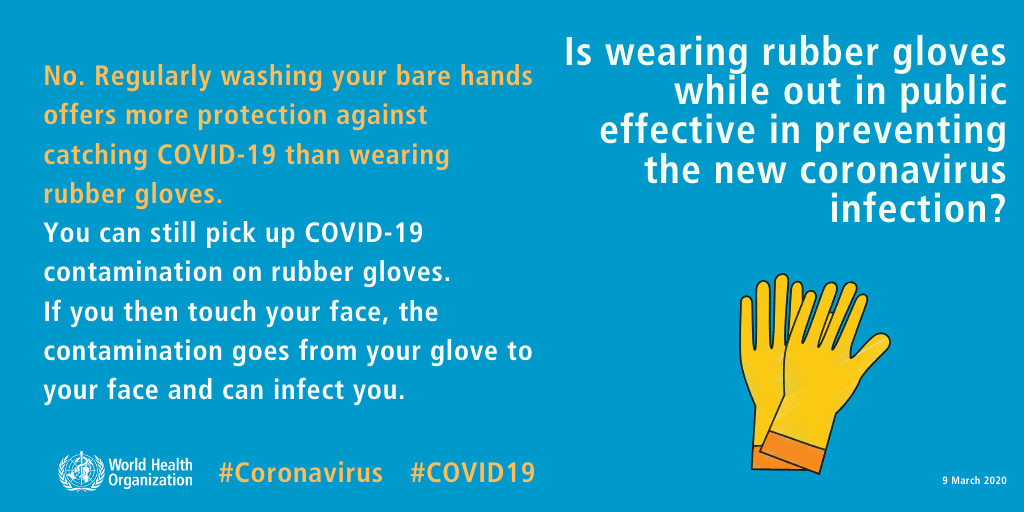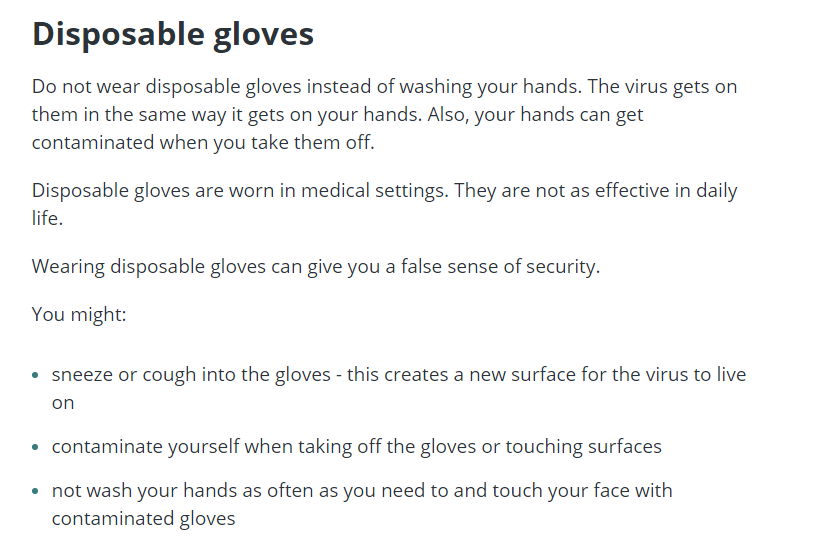The month of March is when Spring begins. For many, this March was the beginning of something much more sinister. We were terrified, and rightly so, by the emergence of the novel coronavirus COVID-19. Now, half a year later, not only are we still fighting the virus, we are also fighting the wave of people who believe that the virus is a hoax. But even those of us with good intentions have created new evils.
This Spring brought with it the familiar sight of brightly coloured patches appearing in our fields and meadows. You must have seen them, the brilliant blues and pure, snowy whites. Look closer; they are not flowers. Every day, we are throwing away millions of disposable masks and gloves, many of which end up contaminating the natural world.
If you don’t have a few cloth masks by now, you are behind the game. Not only do they save you money in the long run, they are also better for the environment and more comfortable. It has been shown time and time again that masks are very effective at preventing the spread of respiratory illnesses. I’m sure you know this, but you should be wearing one every time you are in public. That much is no longer up for debate.
The same, however, cannot be said for gloves. There is a real chance that we are throwing billions of gloves into our rivers and seas for no reason. The WHO, HSE and CDC have all released statements which tell us that there is no evidence that gloves are effective in preventing the spread of COVID-19 in the general public.
Medical professionals are constantly touching contaminated surfaces and coming into contact with infected people. They are truly on the front line. For the most part, medical professionals only use gloves when there is a risk of coming into contact with a patient’s bodily fluids. Other uses would include surgery or if there is a chance of injury, for example, from a needle. Unless you are taking care of someone who is either vulnerable or infected with COVID-19, there is no benefit to wearing them.

What’s more, medical professionals have been trained in how to effectively use, remove, and dispose of gloves. They know how frequently the gloves must be disposed of, and they know to be careful what they touch when their gloves may be contaminated. In other words, they are aware that it is not in any way a substitute for hand hygiene. In the medical profession, the use of gloves is absolutely necessary. For everyone else, however, it is a somewhat different story.
When you touch a contaminated surface, the virus transfers from the surface onto your hands. That is true whether you are wearing gloves or not. It doesn’t matter whether the virus is on your skin or the gloves. In both cases if you touch another surface, you transfer the virus to it. In both cases if you touch your eyes, nose or mouth, you can become infected.

When you take off a pair of contaminated gloves, the virus can easily transfer onto your skin. It is recommended, then, that you wash your hands every time you remove a pair of gloves. Do you see the problem here? It is cheaper, better for the environment and in fact more effective to simply cut out the middleman and wash your hands. You are adding an unnecessary extra step to the process; one which contaminates our rivers and seas.

Wearing gloves gives people a false sense of security. We think we are protected, but in fact we are just as vulnerable to infection. If you are not wearing gloves, you are more likely to wash or disinfect your hands because you know the virus might be on your hands. When we think we are protected, we become complacent. What’s more, when you contaminate a pair of gloves and then throw them away, you have created a new surface for the virus to live on. That creates a new risk for the sanitation workers who have to pick the gloves up off the ground and dispose of them. The same problem does not happen when you wash your hands instead.

Another consideration is that when the general public uses vast amounts of medical gloves, they create a shortage for the people who actually need them: medical professionals. As was the case with hydroxychloroquine, uninformed panic has caused people to unnecessarily deplete necessary resources, to the detriment of doctors and hospital patients.
What happens when we have poisoned our oceans with so much plastic that the ecosystems within begin to break down? Plastic pollution has been shown to reduce the efficiency of the process in the oceans which transports CO2 from the atmosphere to the sea floor. That is worrying, since right now the ocean takes up about 30% of the atmospheric fossil fuel CO2 each year.
What’s more, 70% of all the oxygen on earth is produced by marine plants which include phytoplankton: small photosynthesising organisms in the oceans. The most abundant photosynthesising organism on earth, Prochlorococcus, has been shown to reduce oxygen production when exposed to the chemicals which leach out of plastics in the sea.
That is aside from the better-known impacts of plastic pollution, like those which occur when marine animals ingest or are entangled in plastic. If for whatever reason you are still using disposable face masks, make sure to cut the straps to prevent entanglement.
Not only do animals ingest plastics, we ingest them too! A recent study tested 47 tissue samples from human organs and found that every single one of them contained plastic. We are creating a massive crisis for the future in the name of halting the current one, and it is not even helping. As good as our intentions may be, the use of gloves to combat COVID-19 may well be costing more lives than it is saving. If that’s true, why do it?
People are wearing gloves because they are scared and because they want to do everything they can to slow the spread of this deadly virus. That is admirable. We should be scared, and we should be doing everything we can to help. This virus is very real and very dangerous. The problem is that gloves likely don’t help, and they create new problems.
If you feel you must use gloves, you have to make sure that you change them as frequently as you would wash your hands. Do not touch your face while wearing them and be ready to take them off the moment you think they have been contaminated. The best way to remove them is to roll them down from the wrist, since this turns them inside-out, reducing the amount of contact between your hands and the surface of the gloves. You also need to make sure that you wash your hands when you take the gloves off or risk contaminating your hands.